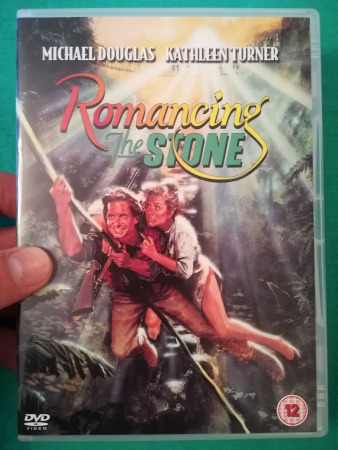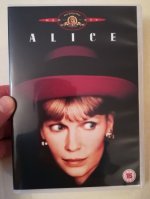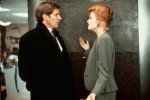Magic in the Moonlight (2014) Movie Review
by Ana Stanojevic
(Belgrade, Serbia)

One of Woody Allen’s latest films, Magic in the Moonlight, tells the story of a brilliant, self-centered, irreparably cynical Englishman, Stanley Crawford, who becomes transformed by those very things he devoted his life to proving did not exist.
The movie opens with the protagonist at the center of a stage where he dazzles the audience by making an elephant vanish, sawing his assistant in half and mysteriously materializing in a chair when the audience clearly saw him enter a closet. His stage name that he’s internationally known by is Wei Ling Soo and his main occupation in life is perfecting his magician’s act. Later in the movie we discover that he spends “romantic” vacations not leaving the hotel rooms and practicing card tricks, which is why his previous great love left him.
As great as his passion for doing magic tricks is, there’s one thing Stanley enjoys even more: exposing frauds who claim to be able to communicate with the otherworldly. He despises them, but maybe even more those gullible creatures who chose to believe the nonsense the “mediums” serve them.
And just as yet another of his successful performances finishes, his best friend informs him of the arrival of an American mystic to one of his dear friends’ family, to the Côte d’Azur, where she seems to have stolen their hearts with her charm and her fantastic gift. Now, there’s a challenge the brilliant Stanley Crawford simply cannot ignore, so he runs off to the Côte d’Azur with his friend and devotes the next couple of weeks observing Sophie Baker who proves to be a much tougher case than he’d hoped for. The combination of Sophie’s refreshing carelessness, uncultivated personality, wide innocent eyes and “agreeable features” (as he’ll awkwardly say at one point) proves to be fatal for the fortress of doubt Stanley has built around himself.
What happens next is for the curious reader to find out in the movie, not here. Here we’ll only reveal that Woody Allen has yet again created a movie about a version of himself – a talented genius with a neurotic personality disorder, who makes jokes about death to mask futility and despair he feels at the thought of nothingness that comes after death. And he’s funny, as in all his movies. When Sophie asks Stanley what it is that he found so menacing about the universe when he was a child, he says: “Size. Of course, I was much smaller then.”
As much as Stanley would love to believe there’s life after death, his sound logic tells him that this impossibility is not worth his intellectual capabilities. And when Sophie Baker shows that everything he so strongly believed in, and was so depressed about, is maybe untrue, he gets a glimpse of “something more” that gives him hope and optimism so atypical for him. “What more?” she asks in one scene, surprised to hear him repeat this phrase over and over. She’s not burdened by existential cynicism like her companion and she can’t understand what more one could ask for in a life so beautiful, as it sometimes can be. “More magic,” he replies.
Charming 1920’s music, beautiful Côte d’Azur scenery, impeccable Colin Firth as the self-enamored genius, lovely Emma Stone as the gifted mystic, and always amusing Woody-Allenesque philosophical, humorous conversations are excellent reasons to devote 90 minutes of your time to Magic in the Moonlight. At the end of the performance you’ll find out what’s truly magical in our world.
Recent Articles
-
Romancing the Stone (1984) - Rip-Roaring Romance!
Oct 27, 18 05:25 PM
A cracking romantic adventure with terrific characters, Romancing the Stone (1984) may be dated but it’s still good natured and entertaining. -
Alice Movie - Magical Manhattan!
Aug 27, 18 04:13 PM
Stylish and imaginative, Woody Allen’s Alice Movie (1990) is a tale of a privileged New Yorker on the verge of a midlife crisis. -
Working Girl (1988) Movie Review
Aug 02, 18 03:13 PM
Working Girl is a lighthearted movie about an ambitious young woman who wants more out of life than being a secretary and getting married to her loser


